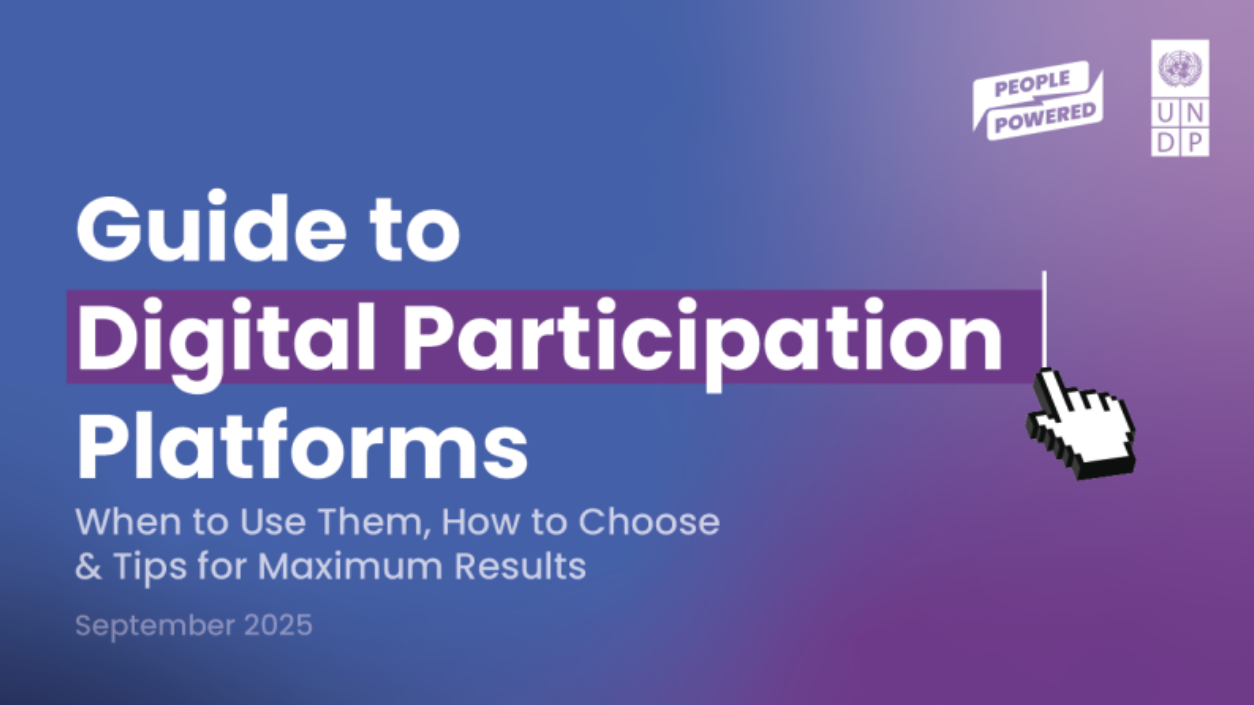How to get help
/How to get help
Depending which platform you choose, there are a variety of resources to help you set it up. These include free and paid options.
Customer support
Many SaaS platforms offer "customer success" teams who will help you set up and configure their product. A nice byproduct of the SaaS business model is that platform developers are incentivized to keep you happy: The more success you have using the product, the more likely you are to stay a paying subscriber.
With some plans, though, technical and other support costs extra. Some of the hosts we spoke to from the Global Majority felt that the price for this support, at over 100 US dollars per hour, was unrealistic for their context, especially when they were just piloting a platform to find a good fit.
Participation consultants
Companies like Particitiz in Brussels provide fee-based professional support to help institutions and organizations host participatory platforms. Other companies and consultants offering this service are:
BiPart (Italy), Civic Trust (United States of America), Codeando (Mexico), DigiDem Lab (Sweden), DoBigGood (United States of America), Dreamocracy Belgium (Belgium), engage2 (Australia), Fundacja ePaństwo (Poland), Institut für Partizipatives Gestalten (Germany), Feeling Javier Arteaga (Colombia), Octree (Voca) (Switzerland), Oficina (Portugal), Open Cities Lab (South Africa), Open Source Politics (France), OpenUp (South Africa), Participation Factory (Czech Republic), Particitiz (Belgium), PokeCode (Spain), Politik Digital (Germany), Public Good Group (United States of America), Smarticipate (The Netherlands), The Centre for Civic Innovation (Australia), WeVis (Thailand)
When hiring one of these companies, it’s always worth asking for references from clients with whom they have worked previously — especially if they used the same platform you're considering.
It’s also worth checking if the platform developers recommend anyone to provide support. Sometimes this information is listed on their websites. For example, the Consul Project offers referrals to two certified collaborating companies as well as a list of self-nominated supporting companies. If the information isn't on the platform's website, try reaching out to the developers to ask if they can refer you.
Open source contributors
If you're setting up an open source project, the platform's Github contributors may be available on a freelance basis. Look for usernames on Github and click on them to determine if they provide contact information. See, for example, the top contributors to the CitizenOS platform. You can view a similar contribution page for other open source repositories.
User forums
Open source software projects often are associated with a community of contributors who gather on web forums or real-time chat platforms hosted by providers like Discord or Slack. These communities are often the best place to seek help in setting up and using the software. Product-user forums also are valuable because you can find others who have encountered and solved the same issue you face.
However, some interviewees found the level of discourse to be comprehensible only to software developers. Take a look at the forums and see if you or colleagues can understand the problems and solutions presented. Otherwise, you'll need to rely on a back-up technical team, which can be a limiting factor for many groups.
The Civic Tech Field Guide tracks listservs, forums, and Slacks for digital participation tech. You also can find these communities by researching a specific question or error message you've encountered using a search engine. Make sure to include the platform name or error message in quotation marks (for example, "Assembl") so that you get the most relevant search results. This type of search may give you a list of forums in which users discuss the platform, as well as paid search ads for companies that are experienced with it.
Peer networks
Reformers inside of government or other big institutions can feel lonely as they work to push public participation. Especially at the local level, you may be the only person you know advocating for more participatory decision-making. Fortunately, there are online forums specifically dedicated to employees of public institutions, like Apolitical and International Design in Government. These groups host networks of professionals just like you and you can post a question to them. Projects like Abre Alcadías elevate the stories of participatory champions inside local government. Professional associations like Débatlab connect people interested in public engagement to each other. On a more informal level, group chats hosted by organizations like Newspeak House continue to share and react to civic AI news on a regular basis.
Next: Running a Process on a Digital Participation Platform
Previous: Testing the AI




